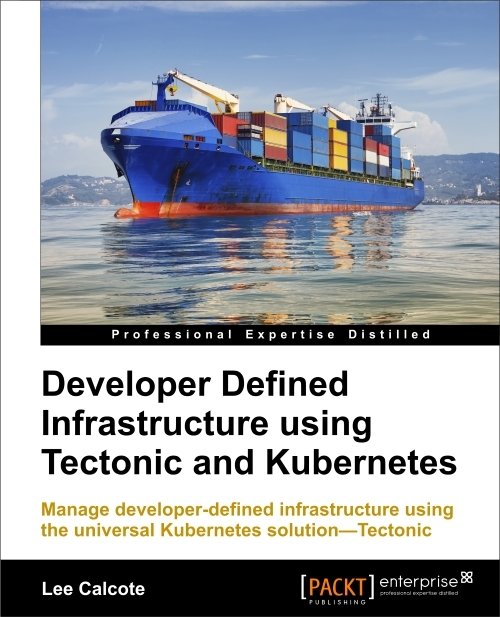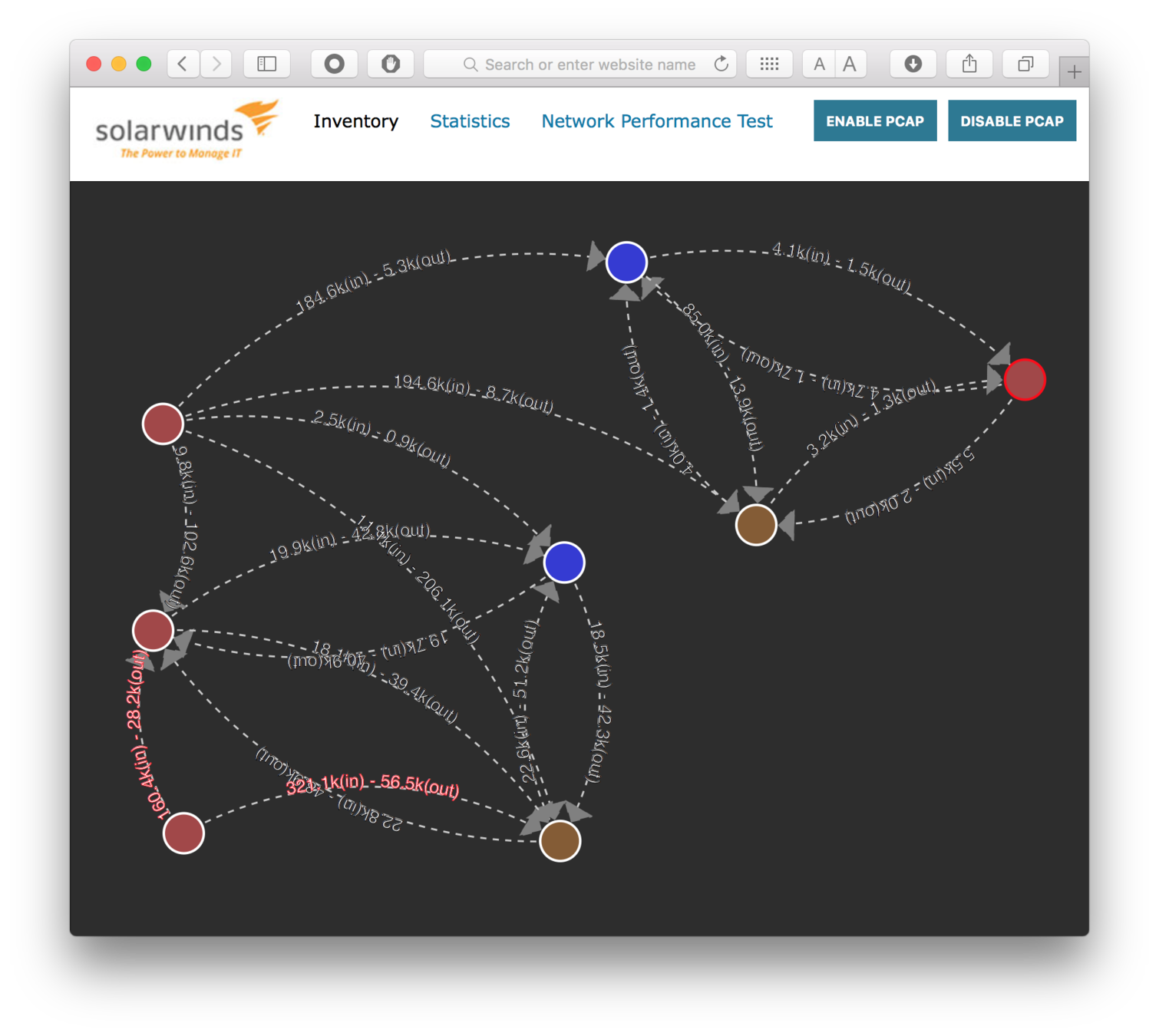UniK: Unikernel Compiler and Runtime
Lee Calcote
March 5th, 2017


Lee Calcote
clouds, containers, infrastructure, applications and their management
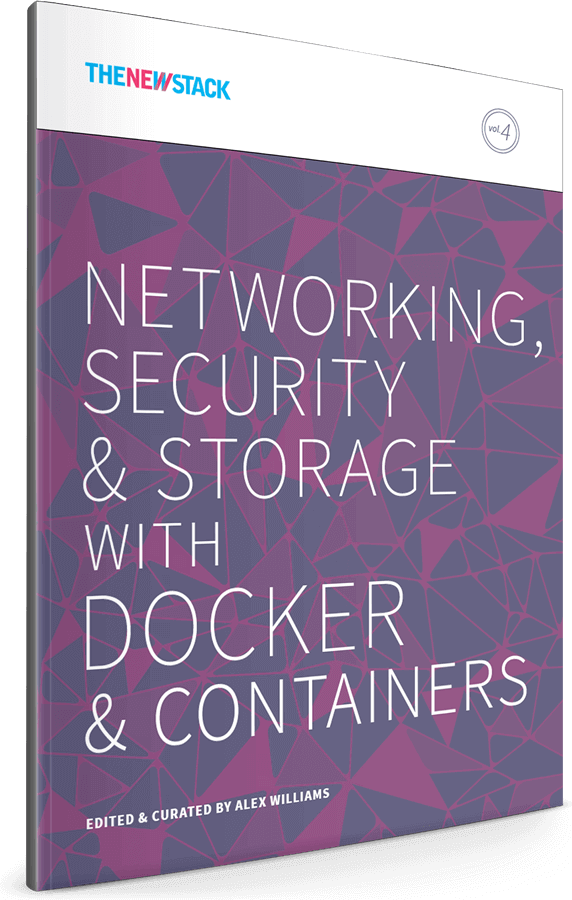
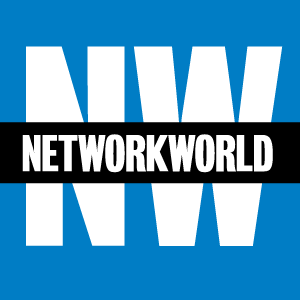
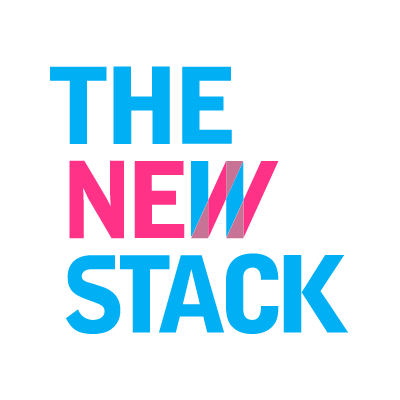
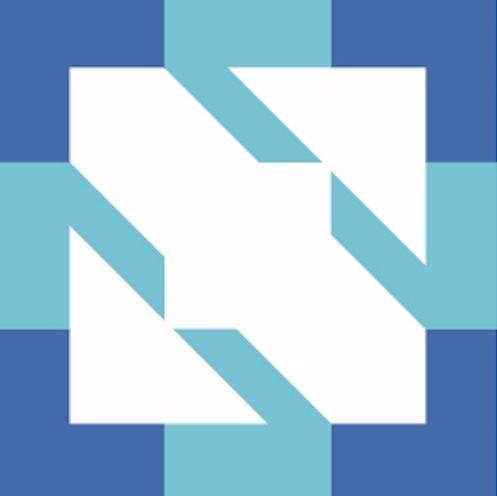
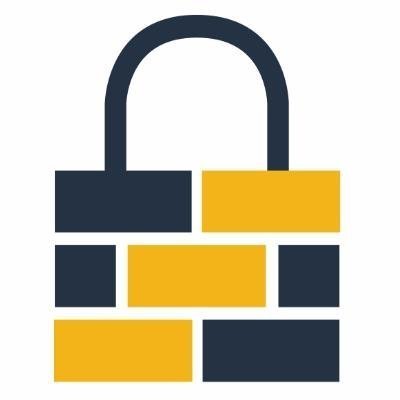






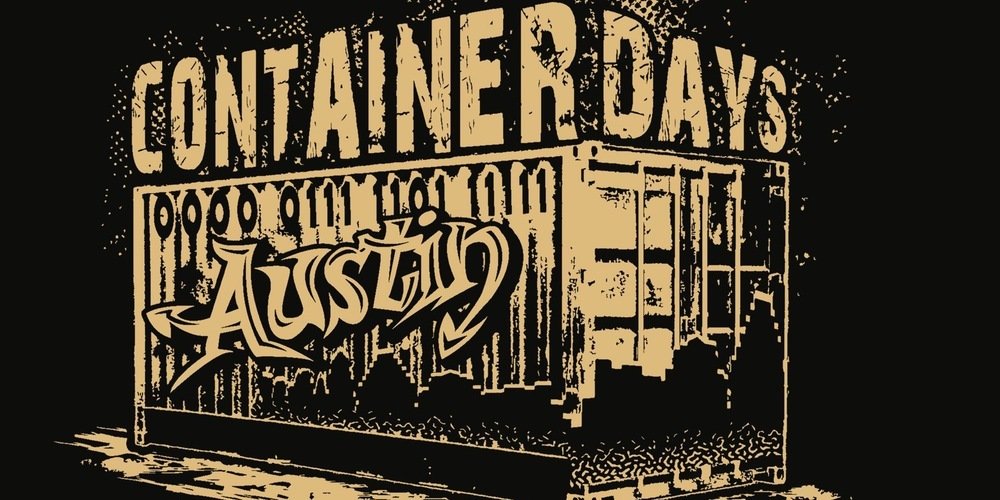
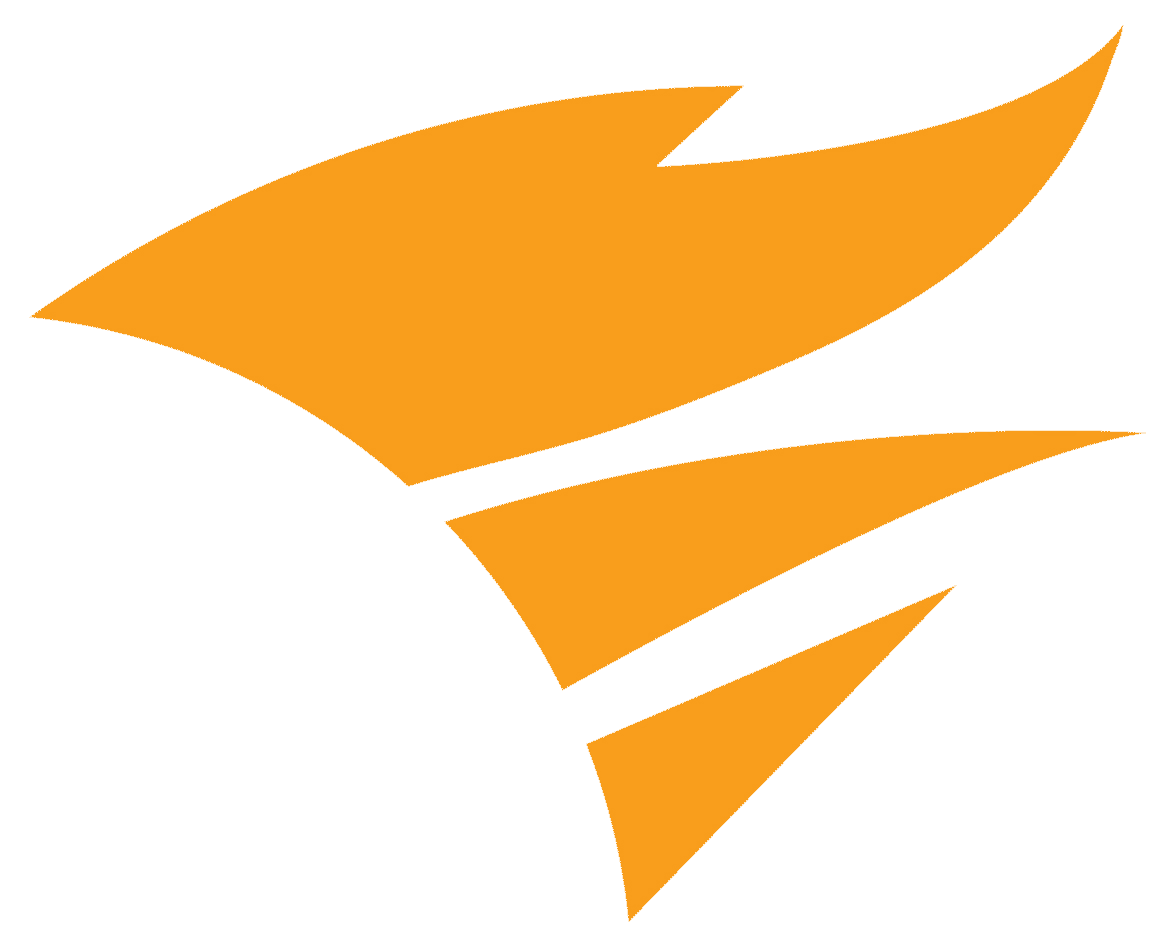


Show of Hands
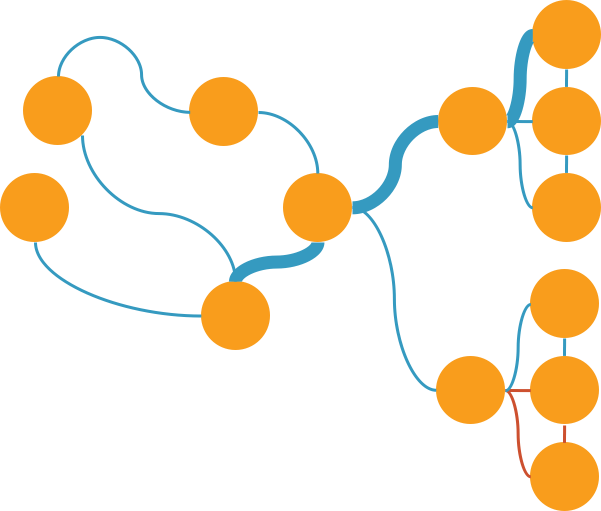
Project
Container Network Performance Tool

Contact for early access. Learn more -
Preview
Project
Container Network Performance Tool

Cluster visibility -
See container network flows (current bandwidth and direction) across Kubernetes and Docker Swarm nodes.
Bandwidth test -
Test throughput (performance) of each type of container network (compare network drivers).
Choose wisely -
Be aware of the cost of overlay convenience.
Avoid MAC address overload in underlays.

Preview
Hello. I'm new.
We hold these truths to be self-evident:
bare metal
AND
virtual machines
AND
containers
AND
unikernels
AND
functions
the future is AND not OR
no one cares about
they care about the application
unikernels
containers
virtual machines
bare metal
functions
infrastructure

Current Challenges
Fat systems
Application Configuration
Application Binary
Language Runtime
Shared Library
Docker Runtime
OS User Processes
OS Kernel
Virtual Hardware Drivers
Hypervisor
Hardware Drivers
Hardware
Application
Inefficient
Long startup times.
Designed for many users, running many processes.
Hardware has evolved.
Package managers pull in many unneeded packages.
Decades of backwards compatibility.
Very large attack surface a huge kernel code base.
Lots of unused applications, services and drivers lying around.
Unikernels by Russell Pavlicek (free ebook)
Security
Other Issues
How Unikernels Can Better Defend against DDoS Attacks
Lee Calcote and Idit Levine
The Promise
What is a Unikernel?
A library operating system
application
openGL
gtk
iconv
libgmp
libz
libstd++
libgcc
libc
kernel
libtls
application
a way of cross-compiling (existing) applications down to very small, lightweight, secure virtual machine
Unikernel Landscape
Language Specific
- HalVM - - (Haskell)
- MirageOS - - (OCamel)
- LING - - (Erlang)
- Runtime.js - - (Javascript)
- IncludeOS - - (C++)
- Clive - - (Go)
General
- OSv
- Rumprun
- Drawbridge
Projects / Tools
- ClickOS - - (NFV)
- Jitsu - - (DNS)
- Unik - - (Build, Deploy)
Security
- No multi-user support
- no passwords and authorization info lying around
- no passwords and authorization info lying around
-
Many attack vectors closed - simply not present.
-
only use libraries specific to your application
- produce a single process, single address space image
-
-
Security be default - not necassarily policy that will be defined later
Microservices are (intended to be) small, self-contained, single-purpose applications.
Unikernels cannot handle multiple processes,
so forking is not allowed.
Unikernels can handle threads.
Are single user, but who needs multiple users?
Can statically link data into application.
Immutable infrastructure
(enforced)
$avings
Access to a high-end system for a fraction of second
Increase speed - smaller artifacts, which boot faster (microseconds)
Target multiple platforms from a single code base
Purpose
- A tool for simplifying compilation and deployment of unikernels.
- Akin to how Docker builds and deploys containers.
- Automates compilation of popular languages (C/C++, Golang, Java, Node.js. Python) into unikernels.
- Deploys unikernels as virtual machines on many virtualization platforms.
- Incorporates work from a number of unikernel projects.
- A young project (~9 months old from announcement)
Stewarded by these fine folks






3 Major Components
Providers
API Server

daemon
a community exchange
Currently:
- Cloud-hosted
- S3-backed
- May be run on-premises
Integrations
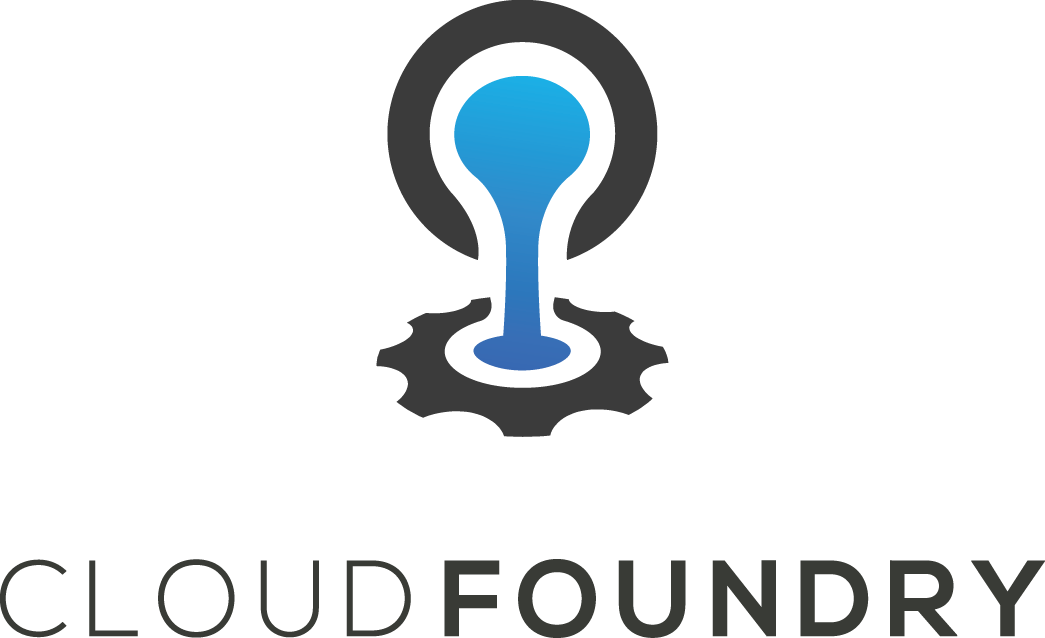
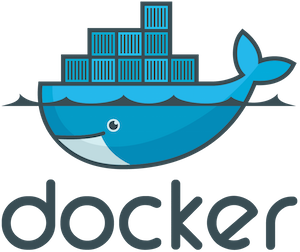
Processor Architectures



Use Docker API to run Unikernels
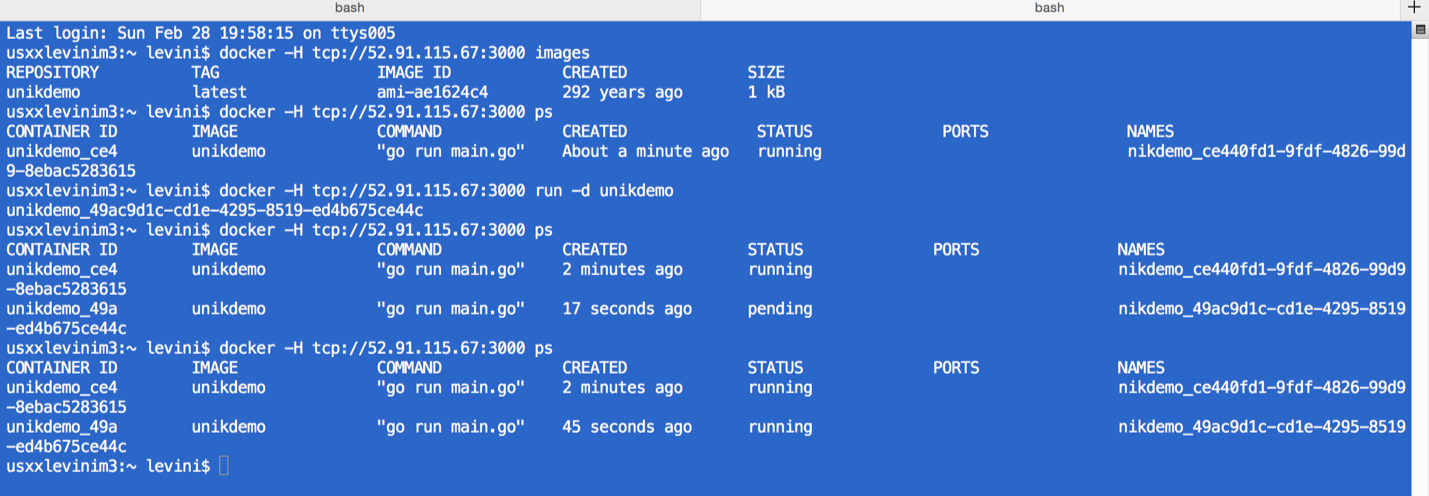

Use Unik as a CloudFoundry runtime

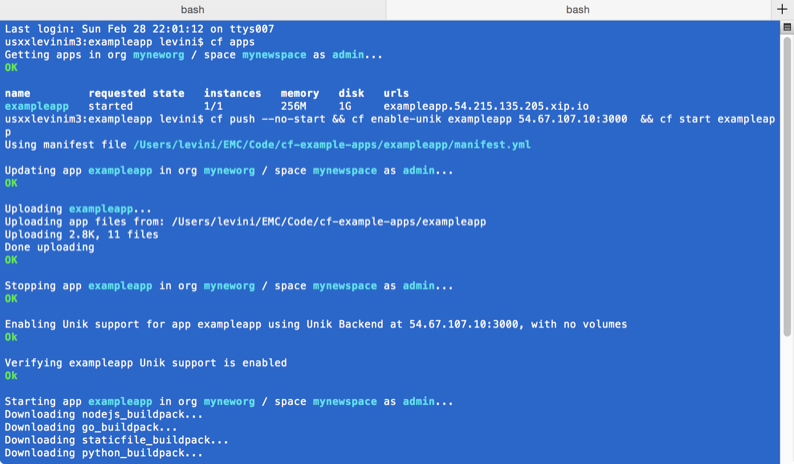
Use Unik as a Kubernetes runtime

$ kubectl run nginx --image=nginx:AWS --namespace=unik --replicas=3
multiple container runtimes AND unikernels
docker, rkt and unik

Walk-through
Getting Started
- git clone
- make
- unik

setup
providers:
aws:
- name: aws
region: us-east-1
zone: us-east-1a
gcloud: []
vsphere: []
virtualbox:
- name: unik-vbox
adapter_name: vboxnet0
adapter_type: host_only
qemu: []
photon: []
xen: []
openstack: []
ukvm: []
version: ""
unik configure
~/.unik/daemon-config.yaml
unik daemon
api server
familiarize w/unik
Developer Workflow
a familiar treadmill
- Code app per usual
- Test and debug app
- Deploy
- Logs

unik build --name go-calcote --path ./ --base rump --language go --provider virtualbox
unik run --instanceName=scale15x --imageName=go-calcote
fmt.Fprintf(w, "<img src='http://calcotestudios.com/talks/img/unik.jpg' />")
fmt.Fprintf(w, "<p /> My first unikernel!")
unik logs --instanceName=scale15x
Lee Calcote



Thank you. Questions?
clouds, containers, infrastructure,
applications and their management






